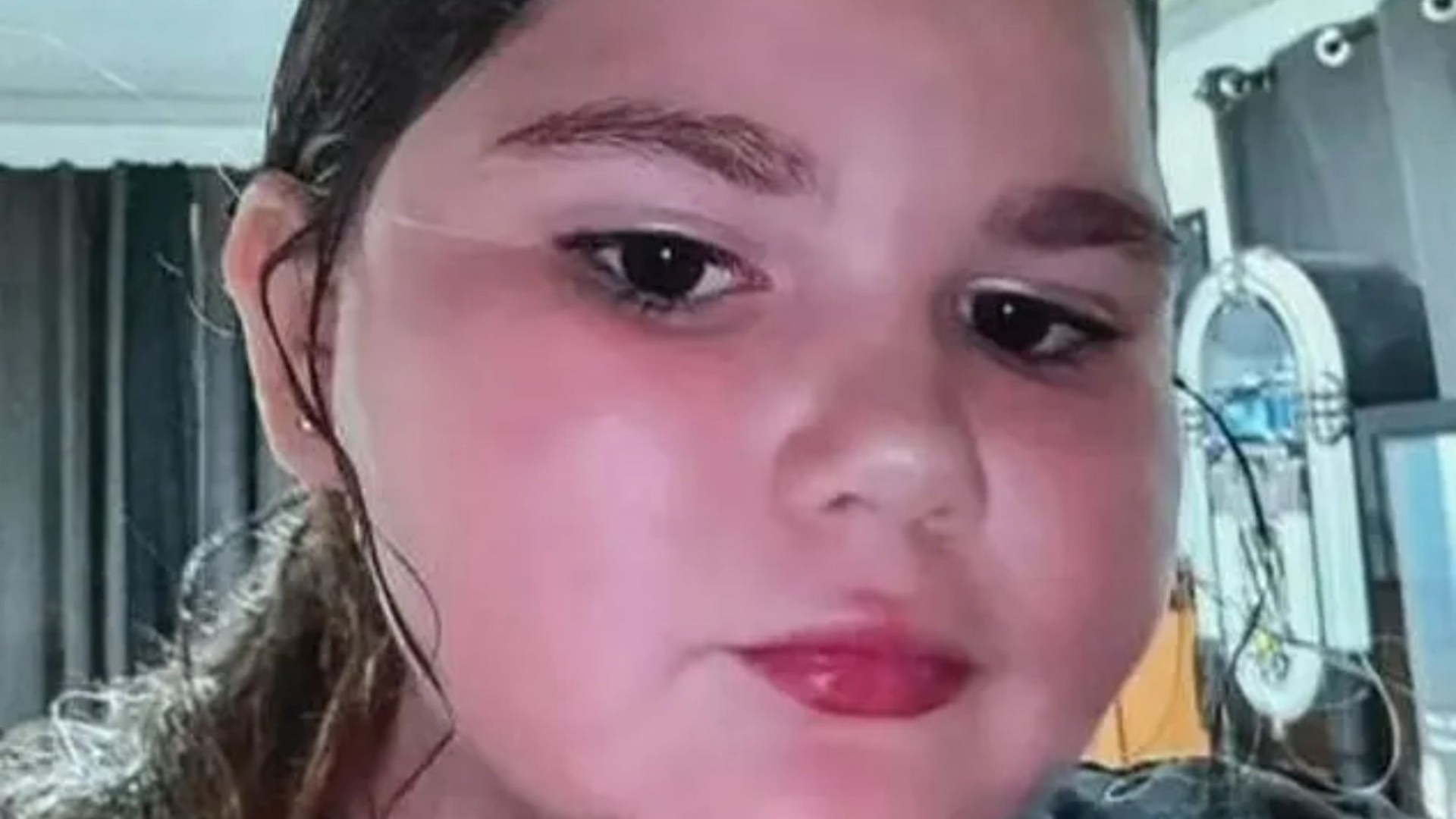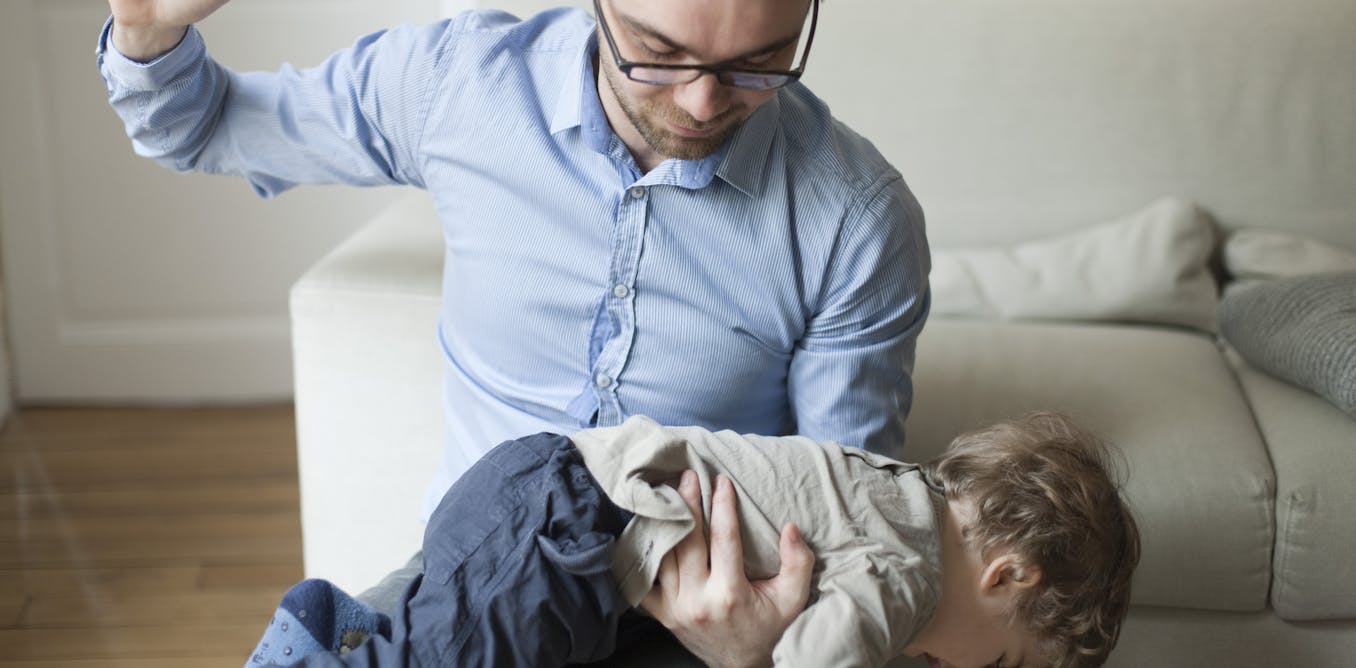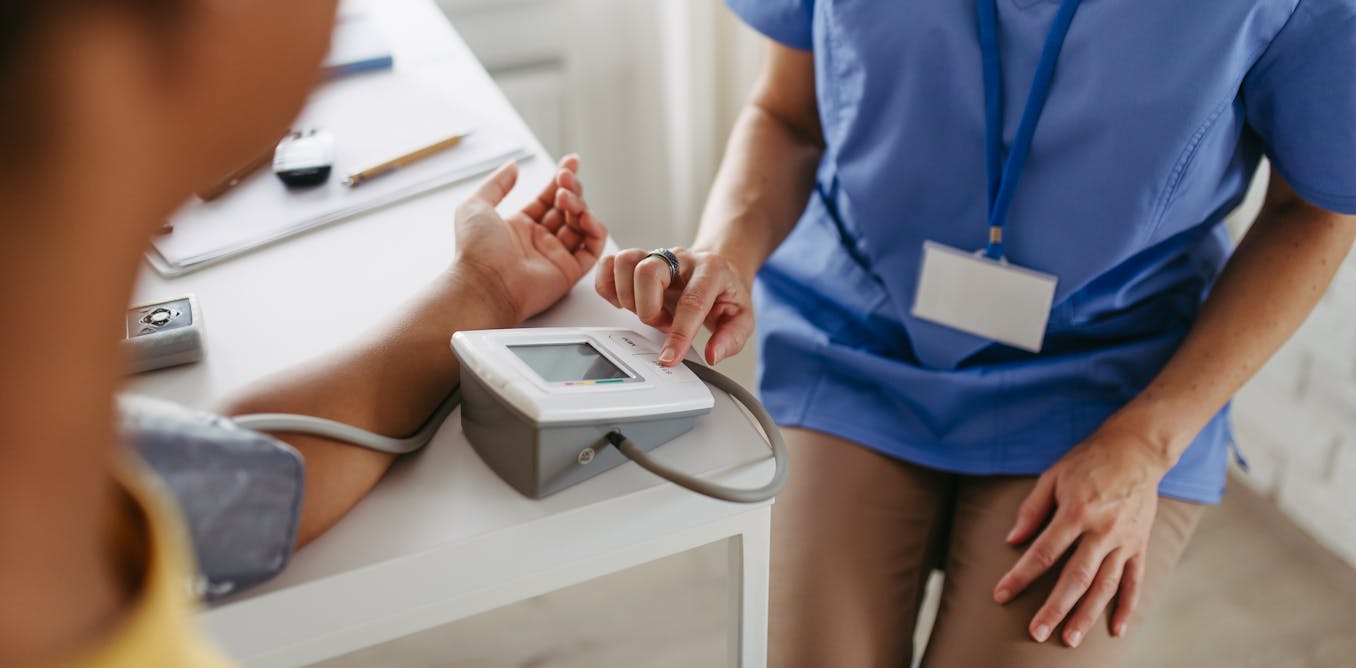A SCHOOLGIRL died just days after doctors sent her home from hospital with flu.
Sharney Lee Mitchell was brought to Joondalup Health Campus by her parents on August 12 after she reported experiencing flu-like symptoms.

2

2
The 13-year-old tested positive for influenza A and was kept in overnight.
She was discharged the next day, despite still suffering from aches and pains.
Five days later her parents found her unresponsive in her bed at their family home in Perth, Australia called for an ambulance.
Despite paramedics’ efforts to resuscitate her, they were unable to save her.
Sharney’s shattered family told 7News they have no idea how her condition deteriorated so quickly after she was released from hospital.
They’re now demanding answers as to why Sharney was discharged from the hospital so quickly while she was so sick.
The family, from Brabham in Perth’s north-east, have released a photo of Sharney as a public reminder of how serious influenza can be.
Authorities are waiting on the results of a post-mortem examination to determine Sharney’s exact cause of death.
A representative from Ramsay Health said Sharney told 7News was released because she had no fever and her chest X-ray was normal at the time of her discharge.
Influenza is a respiratory illness which is more common in winter.
There are four types: A, B, C and D. The first two cause seasonal epidemics.
The main symptoms include a fever, cough, headache, muscle and joint pain, a sore throat, runny nose, and generally feeling unwell.
This can be unpleasant, but most people will recover within about a week.
Symptoms of flu and when to get help
FLU will often get better on its own in a matter of days or weeks, but it can make some people seriously ill.
Flu symptoms come on very quickly and can include:
- A sudden high temperature
- An aching body
- Feeling tired or exhausted
- A dry cough
- A sore throat
- A headache
- Difficulty sleeping
- Loss of appetite
- Diarrhoea or tummy pain
- Feeling sick and being sick
The symptoms are similar for children, but they can also get pain in their ear and appear less active.
Ask for an urgent GP appointment or get help from NHS 111 if:
- You’re worried about your baby’s or child’s symptoms
- You’re 65 or over
- You’re pregnant
- You have a long-term medical condition – for example, diabetes or a condition that affects your heart, lungs, kidneys, brain or nerves
- You have a weakened immune system – for example, because of chemotherapy or HIV
- Your symptoms do not improve after seven days
Source: NHS
Some people, particularly young children, older adults and those with compromised immune systems, are at increased risk of developing life-threatening complications.
This includes pneumonia, bronchitis, sepsis and influenza myocarditis – inflammation of the heart muscle brought on by flu.
At least eight people have died from the flu across Western Australia this year alone.
In the UK, nearly 15,000 excess deaths associated with flu were reported in the flu season of 2022 to 2023
The flu vaccine, which is offered every year from September in the UK and April in Australia, helps provide vital protection against the bug.
Red flags to look out for in your child
Infections like colds and flu are very common in babies and children, and most will make a full recovery without needing treatment.
However, you should phone 999 or go to A&E if they:
- Stop breathing or have pauses in their breathing
- Have severe difficulty breathing, such as grunting or noisy breathing
- Look seriously unwell – e.g. they are very pale, grey, or white, or have mottling (pale patchy skin with a purple tinge) on their arms, legs or body
- Aren’t showing a normal colour of skin, lips and tongue – e.g. very pale, blue or purple
- Aren’t awake and can’t be wakened, or are very difficult to waken
- Are breathing very rapidly, even when resting and when not upset or crying
Ultimately, you know your child best. Always trust your instincts and seek urgent medical help if you think there’s an emergency.
Source: NHS




